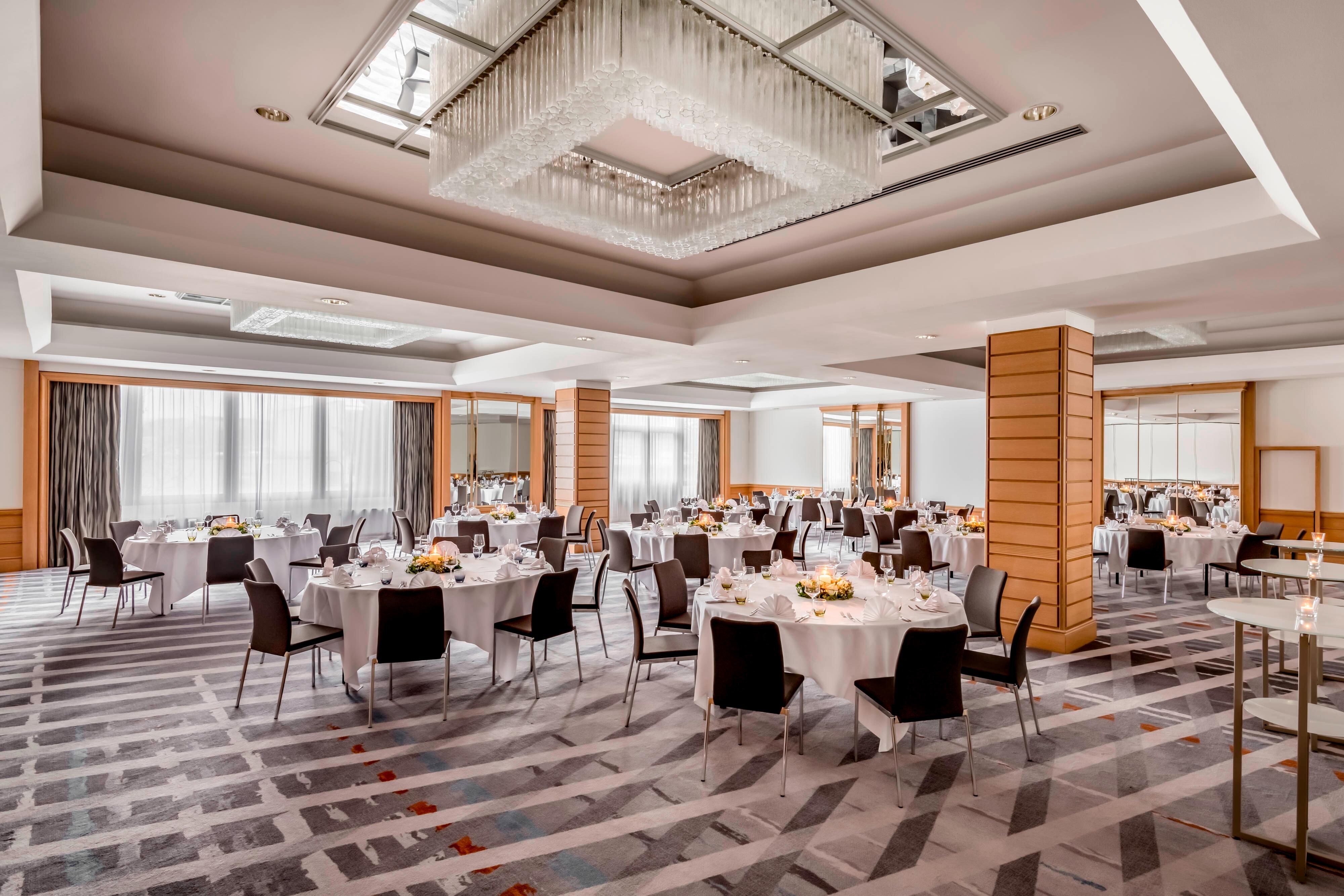Customizing hotel furniture is a significant project that requires coordination between the design and the indoor environment, ensuring that functionality and aesthetics are well integrated. This is especially important for hotel rooms, as they are spaces where consumers spend considerable time resting, making them crucial in determining customer satisfaction. Thus, selecting suite furniture for hotels is a critical decision. So, how should one choose hotel suite furniture?

1. Safety Index of Hotel Suite Furniture
Due to variations in indoor humidity and seasonal climate changes, furniture often encounters issues such as edge exposure, detachment, deformation and expansion, surface cracking, bubbling, and mold growth. Therefore, furniture design should consider waterproof and moisture-resistant features. Furniture with fire-resistant capabilities, heat-resistant coatings, and flame-retardant fabrics is also a good choice.

2. Comfort of Hotel Suite Furniture
Many hotels now promote the service goal of being a “warm home.” The “people-oriented” design philosophy should be reflected throughout the purchasing and design process of the furniture, with comfort being key. Furniture should be designed and selected based on the size of the space available, as well as color coordination.
3. Environmental Protection Requirements for Hotel Suite Furniture
Given that hotel rooms are relatively closed environments, the furniture needs to meet environmental protection standards. Various materials can be used for furniture, including stone, wood, metal, fiberglass, ceramics, and bamboo. The design and sourcing of furniture materials should have eco-certifications, and carefully selecting dual-materials can ensure the furniture is environmentally friendly.

4. Durability of Furniture
The abrasion resistance of the furniture panels determines their effective lifespan. For fixed furniture in hotel suites, wooden screws, hardware connectors, and adhesives are commonly used for assembly. Thus, different material properties should be taken into account during the design and purchase of the furniture. Choosing materials with good abrasion resistance can reduce scratches from daily use and extend the effective lifespan of the furniture.
From the consumer’s perspective, selecting hotel furniture should meet safety indexes and comfort requirements, while also ensuring that the furniture is environmentally friendly and free from harmful formaldehyde emissions.
